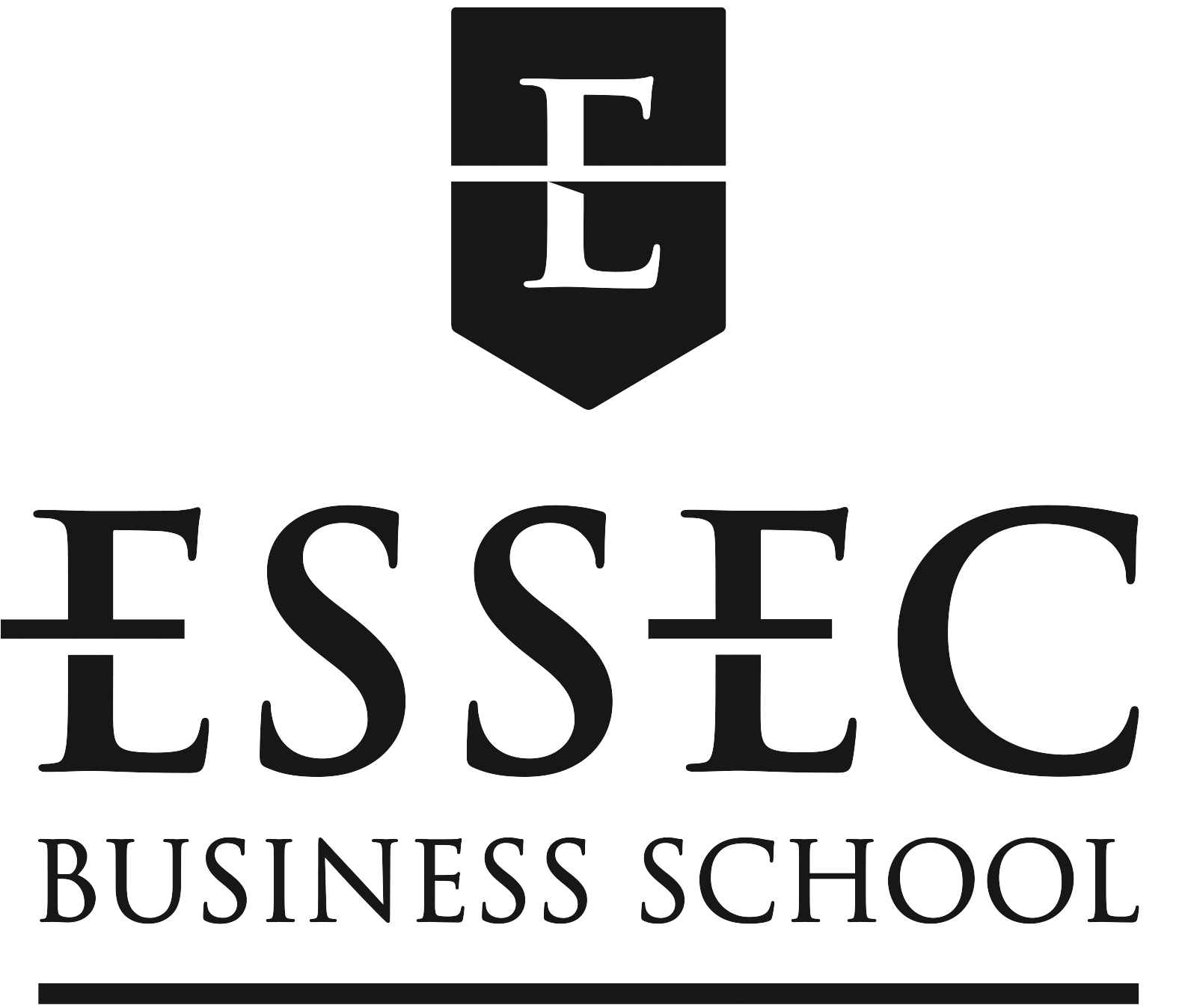- Fresh from a talk with ESSEC’s Master in Finance cohort, Eric Bramoullé encourages a brand of leadership based on trust and empathy.
- The CEO of Amundi in Southeast Asia says the ability to adapt is critical to an international career.
- Fintech emergence and economic regulations are among the challenges facing the sector.
Eric Bramoullé, Southeast Asia CEO of Amundi, Europe’s largest asset management company, is well-versed in diversification and adaptability.
The twin-pronged strategy has taken Eric to a pinnacle in his professional career. He oversees Amundi entities worldwide, including houses with fund management activities in Singapore and Malaysia and representative offices in Thailand and Australia.
It has also helped the confessed “countryside guy” from France sate an appetite for asset management’s cut and thrust. The Frenchman has charted a trajectory that has taken him from his native country to leadership positions worldwide.
Navigating Shifting Markets
“In asset management, you need to be constantly alert to changes as it can be extremely fast-moving,” he says in an interview with Ignites Asia, a Financial Times service.
“But that was always my desire. I wanted to use my background as an economist to build an exciting career. For me, working as a fund manager was the best way to achieve this goal. And international management is a continuation. Financial markets are full of surprises every single day.”
Regarding the stewardship of investments on behalf of others, asset management essentially has a dual mandate: overseeing the appreciation of a client’s assets over time while mitigating risk.
Accordingly, a capable asset manager must have strong quantitative and analytical skills and a deep understanding of the client’s objectives and risk appetite. Also vital is the ability to steer a course through the shifting tides of the global financial markets.
Listen First
Versatility has undoubtedly been critical to Eric’s success. In Poland, where he opened Amundi, he recalls being alone on the ground, in an office cubicle, with just his backpack while waiting for a license to operate as a fund house to come through.
Earlier, a posting as a fund manager in Mumbai, India, involved an adaptation curve of—in his estimation—around eight months.
“Probably the biggest challenge that I have faced is integrating into new cultures extremely quickly to be able to leverage the staff and the organization under my supervision,” he says. “This adaptation can be hard to make.”
With a wealth of experiences now under his belt, Eric says adjusting to a new working environment was easier for him in Southeast Asia. Nevertheless, he is evangelical about balancing decisive management with a willingness to learn and listen.
“You learn not to impose your views from the outset,” he says. “I make a point of dedicating a huge portion of my first few months to listening to feedback from other people. After that, I can make moves to deploy my strategy and my vision. Even still, it’s important to keep an open mind.”
Eric further expounds on the power of listening in an interview with The Edge. “The key is to listen to the local distributors to understand the needs of clients,” he says. “Amundi does not like to offer products it thinks clients want, but products that clients want. By answering their issues, we design to give them the solutions that fit their needs.”
Mitigating Risks and the Pandemic
Indeed, flexibility is essential to all aspects of international asset management, not just effective leadership. Markets, as every economist worth the salt knows, are constantly evolving.
Regulation has expanded due to financial crises, while the ongoing global pandemic is expected to shrink the asset management industry by trillions of dollars.
“We see 2020 as [somewhat] a gap [year]. It has put some things on standby,” Eric tells The Edge and adds that the pandemic had introduced a lot of uncertainties, apart from wreaking havoc across many economies.
Meanwhile, the emergence of fintech and the challenges of digital innovation are also enormous considerations for the sector.
Eric enjoys a fulfilling sideline, sharing his knowledge with the next generation of asset managers. He has helped write papers and courses for universities and schools that cover topics of management and internationalization.
The Future is Now
In his talks at ESSEC, he advises students to keep a stringent eye on markets and maintain state-of-the-art communication with end-users on often complex concepts.
As is his way, Eric is open to exchanging ideas with his protegees, especially on the subject matter he admits to being shaky on.
“Millennials have a lot to teach guys like us,” he laughs. “The Internet did not exist when I was born; these guys have grown up with it. At Amundi, we prioritize onboarding interns who are equipped with this new view on things.”
Old-school moments aside, Eric is at the forefront of change as Amundi aims to adapt and prosper in Asia during these fluid times. As the firm seeks to become one of the top five asset management firms globally, finding growth in China has become a key thrust.
Eric is also eyeing markets in the Philippines and Indonesia, which he expects to “boom” in the coming years in line with rapid economic growth.
“Our industry as a whole is exploding at the moment, in good ways and bad,” he adds. “So, there are so many different opportunities.
In a way, what I have always loved about asset management is that exogenous factors are constantly changing the game. The raw material is the economy, which is constantly fluctuating.”
RELATED POSTS
Highlights: ESSEC Talent Day 2024
On 6 March 2024, students from the ESSEC Asia-Pacific campus rubbed shoulders with executives from top companies in the inaugural Talent Day event.…
SMIB Students Tackle Hard Issues at the Hinrich Foundation Inaugural Sustainable Trade Challenge
Master in Strategy & Management of International Business students dive deep into the Sustainable Trade Challenge, showcasing their prowess in…
CFA Research Challenge 2023-2024: Financial Modeling Boot Camp by ESSEC
In support of the CFA Institute Research Challenge 2023-2024, ESSEC APAC ran a financial modeling boot camp for students across Singapore. Find out…
MiF Career Immersion 2023 Series: Students Take Their First Steps into the World of Finance
To enable ESSEC MiF students to better understand the industry, ESSEC Asia-Pacific organized company visits to financial powerhouses as part of the…
MiF Guest Speaker Sylvaine Masson: MD on Succeeding in the M&A Landscape
Sylvaine Masson, an ESSEC Master in Management alumna, discusses success in Asia's M&A sector. She emphasizes the importance of a strong financial…
Highlights: ESSEC Career Seminar 2023
On 8 November 2023, students from the ESSEC Asia-Pacific campus attended various talks and panel sessions featuring senior executives from top…







